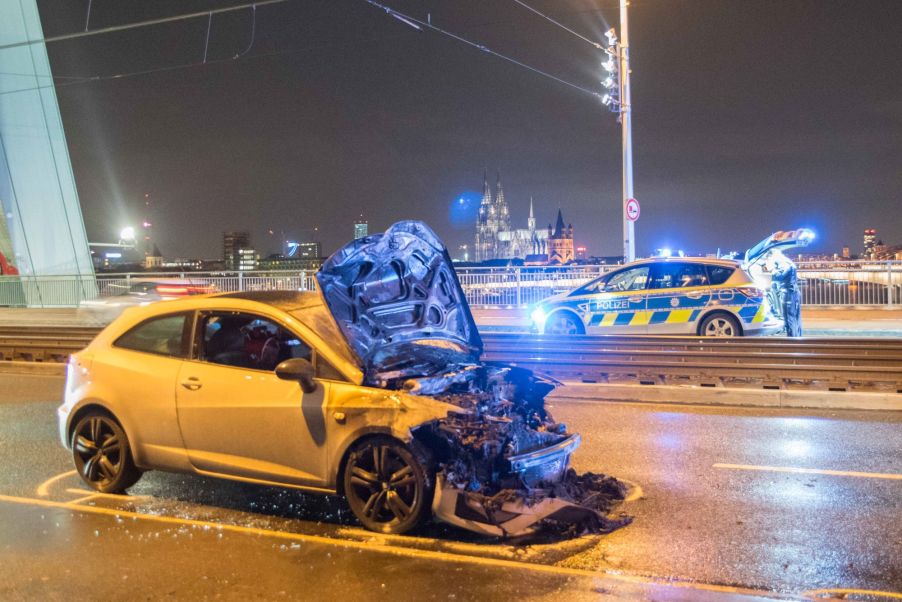
Are Collisions, Crashes, and Accidents the Same Thing?
You might think that there is no difference between vehicle collisions, crashes, and accidents. However, slightly different meanings of words can change things in a court of law. Although collisions and crashes are essentially the same thing, the word accident has another meaning.
What are collisions & crashes?

When two or more vehicles collide, it usually means someone made a mistake. Driver error meant someone in a vehicle interfered with another and caused a collision. Crash and collision have very similar meanings. Webster defines the word “crash” as ” breaking to pieces” by collision, and it defines “collide” as “coming together with direct impact.” Basically, both mean the same thing.
A collision or crash means two vehicles have come into contact with each other, usually with some damage to the vehicle or its occupants. According to the NHTSA, more than 38 Americans died in traffic crashes in 2020. Of those, rollover crashes, single-vehicle crashes, and police-reported alcohol involvement crashes are all up by 9%.
Accidents imply no guilt
The primary meaning of the word accident is that it was not intended or planned. That means there is no one to blame. In the case of a car “accident,” calling it an accident may mean you are letting someone off the hook for blame. According to Robinette Law, there are times when you should never use the word “accident.”
Insurance adjusters will try to defeat your claim by saying wrongful conduct by an insured driver was an accident. This makes the collision sound like a minor mistake in which no one was at fault. The law needs legal liability to be established, which is referred to in court as negligence. If law enforcement calls a crash an accident, it implies there was no negligence. This is why many states refer to police reports as “crash reports” instead of “accident reports.”
However, it is clear that many vehicle collisions are not accidents but happen because someone is guilty of negligent behavior. This means they ignored vehicle safety laws, speed limits, drunk driving laws, or some other violation. If a significant collision causes personal injury, and someone has broken the law or made a driver error, it should not be called an accident.
Ways to avoid traffic collisions
A few common errors that drivers make that can lead to collisions. To make driving as safe as possible, Travelers recommend ways to avoid common problems. First, avoid rear-end collisions by leaving plenty of space between yourself and the car in front of you, don’t drive when drunk or tired, avoid distractions, and never take your eyes off the road.
Single vehicle accidents can be avoided by paying attention to weather and road conditions and driving accordingly, paying close attention even when you’re alone on the road, and maintaining the speed limit at all times. You can avoid a potential windshield damage accident by not following other vehicles too closely.
Crashes at intersections can be avoided by practicing defensive driving. Assess the entire situation as you approach the intersection, watching for speeding drivers, drivers getting ready to take a turn, and vehicles who may be coming through the intersection. Backing collisions can also be avoided by being aware of your surroundings. If you don’t have a backup camera, get a good feel for the situation around the vehicle before you even get in. Then, slowly and carefully, while using your mirrors, back out by the most direct route possible.


